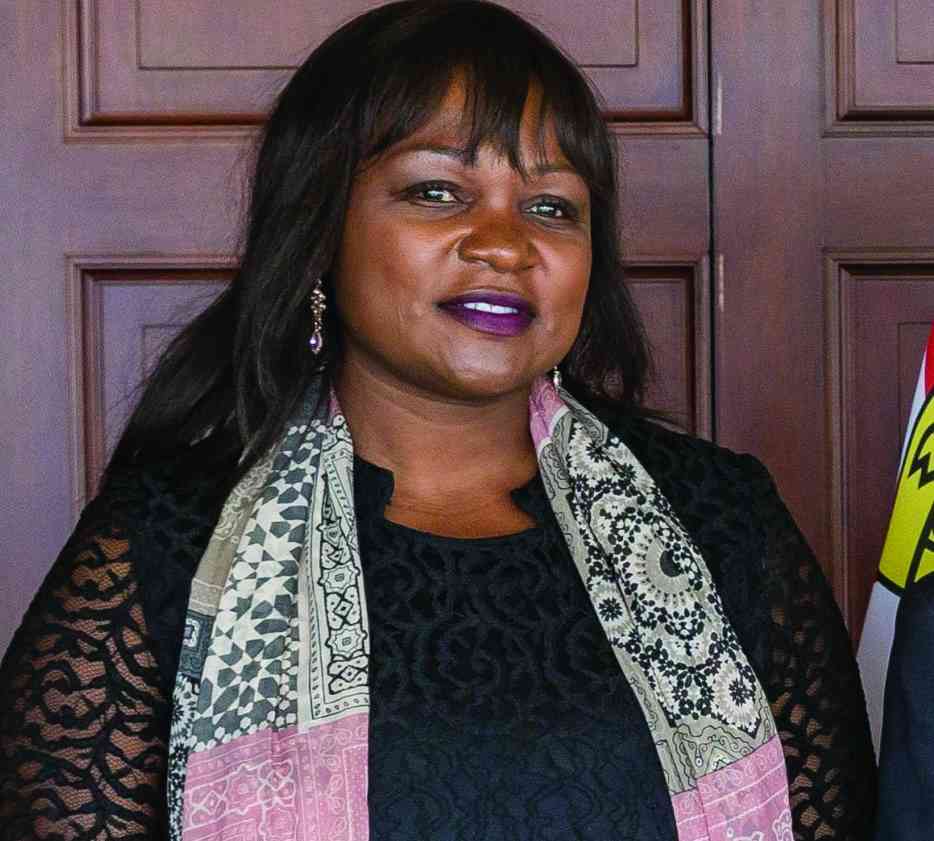
ZIMBABWE is battling to block multiple legal actions filed by foreign investors aggrieved by its seizure of their assets, which have exposed it to claims running into ‘hundreds of millions of United States dollars’, it emerged this week.
This publication was told that aggrieved investors had approached the courts in the United States, Singapore and Malaysia but Zimbabwe wants the cases to be tried in local courts.
In January this year, a United Kingdom High Court upheld a US$124 million arbitral award granted by the International Center for Settlements of Investment Disputes (ICSID) to Border Timbers and Hangani Development Company against Harare.
The ruling has become a smoking gun for other foreign-owned companies prejudiced by Harare’s often violent and chaotic land reform programme.
“There are similar cases for registration in other jurisdictions,” Attorney General (AG),Virginia Mabiza told the Zimbabwe Independent.
Experts said this week the UK ruling also meant that foreign assets registered under Zimbabwe could be seized if litigants win their cases.
“All I can say is (the claims are) in the hundreds of millions. I cannot say the figures off the cuff,” she said.
“However, the Border Timbers one is about US$124 million including interest.
- Border Timbers targets European markets
- NGO brings cheer to diarrhoea-hit Byo suburbs
- Border Timbers targets European markets
- Education crisis mirrors national problem
Keep Reading
“It is for alleged prejudice and financial loss as a result of land reform related disturbances.”
Zimbabwe has also agreed to pay US$3,5 billion to hundreds of white former commercial farmers whose land was redistributed to landless blacks under the land reform programme.
However, the southern African country has already failed to honour some terms of the deal and is seeking adjustments to the payment terms.
“Zimbabwe is opposed to all the cases on the basis that the bilateral agreements in issue provide that for purposes of enforcement, the host country for the investment shall be the appropriate jurisdiction,” the AG said.
“All the cases are for orders to register the ICSID award in the various jurisdictions namely Washington DC, Singapore and Malaysia.
“The cases are at various stages, but are all being opposed on similar grounds.”
Zimbabwe’s legal battles with Border Timbers and Hangani flared up after the government expropriated vast tracts of farmland and plantations owned by the Switzerland incorporated firms.
The firms then approached ICSID in 2010 seeking compensation, leveraging on a bilateral investment treaty between Harare and Zurich.
On July 28, 2015, an ICSD tribunal granted the award to Border Timbers and Hangani under case number ARB/10/25).
Mabhiza confirmed that rulings in favour of investors may result in the forfeiture of State assets.
“In some jurisdictions after registration there is need for a further process before the enforcement of the judgment.
“ In other jurisdictions after registration, they can proceed to execution,” she said.
“The execution will be in the form of attaching any commercial assets belonging to Zimbabwe, which are present in their jurisdiction. Diplomatic properties are exempted.”
Mabhiza said Zimbabwe had appealed against the UK Commercial Court’s ruling, arguing that Border Timbers had unprocedurally registered its ICSID award with the English courts.
“The judgment in the United Kingdom is not compelling Zimbabwe to pay US$120 million to Border Timbers, but is a judgment on the application by Zimbabwe for the reversal of the registration of the ICSID award for recognition as a judgment of the High Court of England.
“This registration had been done by Border Timbers Limited without notice to Zimbabwe,” she said.
“It was this registration that Zimbabwe sought to have reversed on the basis that in bringing the application, Border Timbers did not comply with certain provisions of the State Immunities Act of 1978.
“Although the court agreed with Zimbabwe that Border Timbers had breached the said provisions, it did not reverse the registration.”
She said it was ironic that although the English Commercial Court conceded that the Border Timbers’ award registration process was flawed, it did not overturn it.
She told the Independent: “Although the court agreed with Zimbabwe that Border Timbers had breached the said provisions, it did not reverse the registration.
“Zimbabwe never had the intention to avoid payment of the ICSID award ,but simply objected to the registration in breach of the duty of full and frank disclosure on whether or not Zimbabwe enjoyed sovereign immunity in terms of the State Immunity Act.”
In principle, State immunity provides foreign states with protection against legal proceedings brought before the courts of other jurisdictions.
In the English court, however, the claimants argued that any immunity was invalid on the grounds of Zimbabwe’s agreement to the ICSID Convention and that it was, therefore, not immune to any forthcoming proceedings in respect of the arbitration.
The argument was upheld.
“Zimbabwe was granted leave to appeal against this judgment, which is a refusal to reverse the registration of the award as a judgment of the High Court of England.
“Zimbabwe has a right to appeal and, Zimbabwe has since appealed against the refusal,” she noted.
Zimbabwe’s appeal, Mabiza revealed, “has been set down for hearing over three days from the 18th of June 2024.”
Border Timbers chairperson Elias Hwenga declined to address questions posed by the Independent, citing legal reasons.







